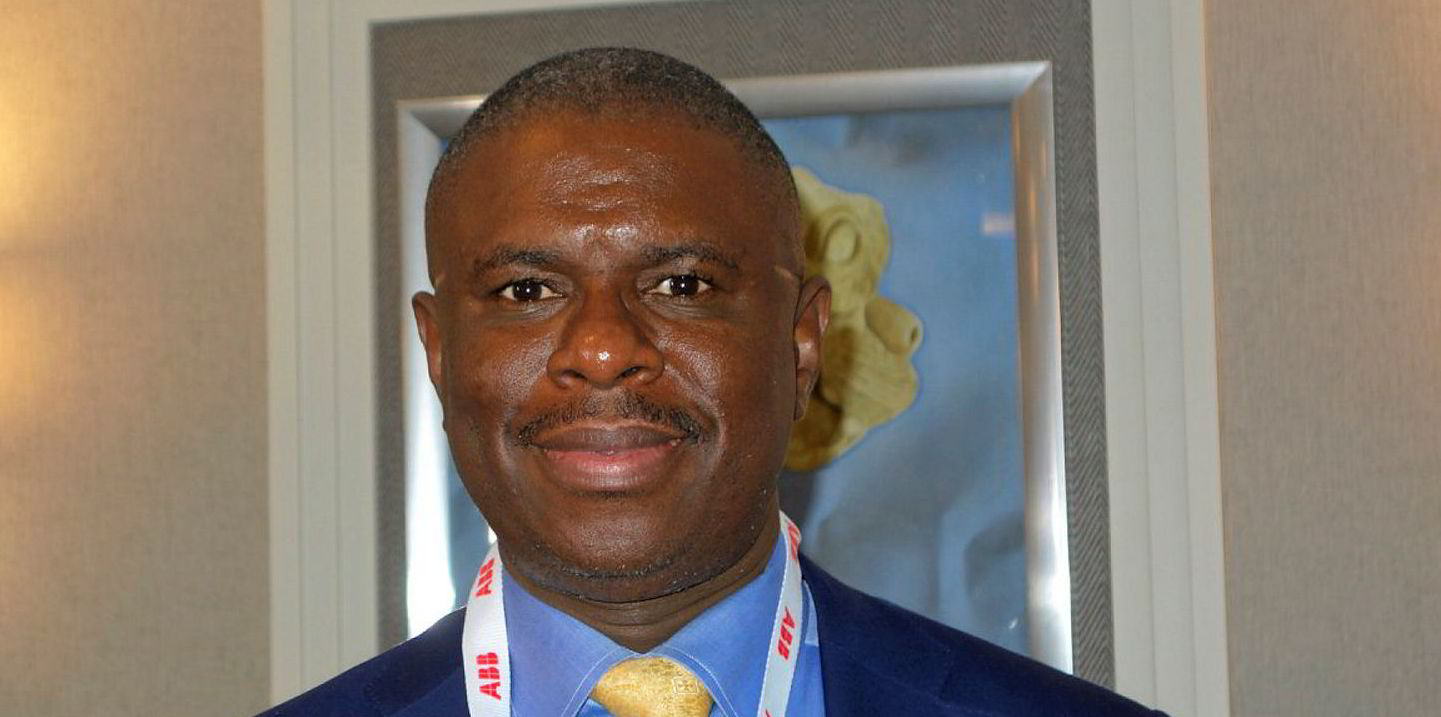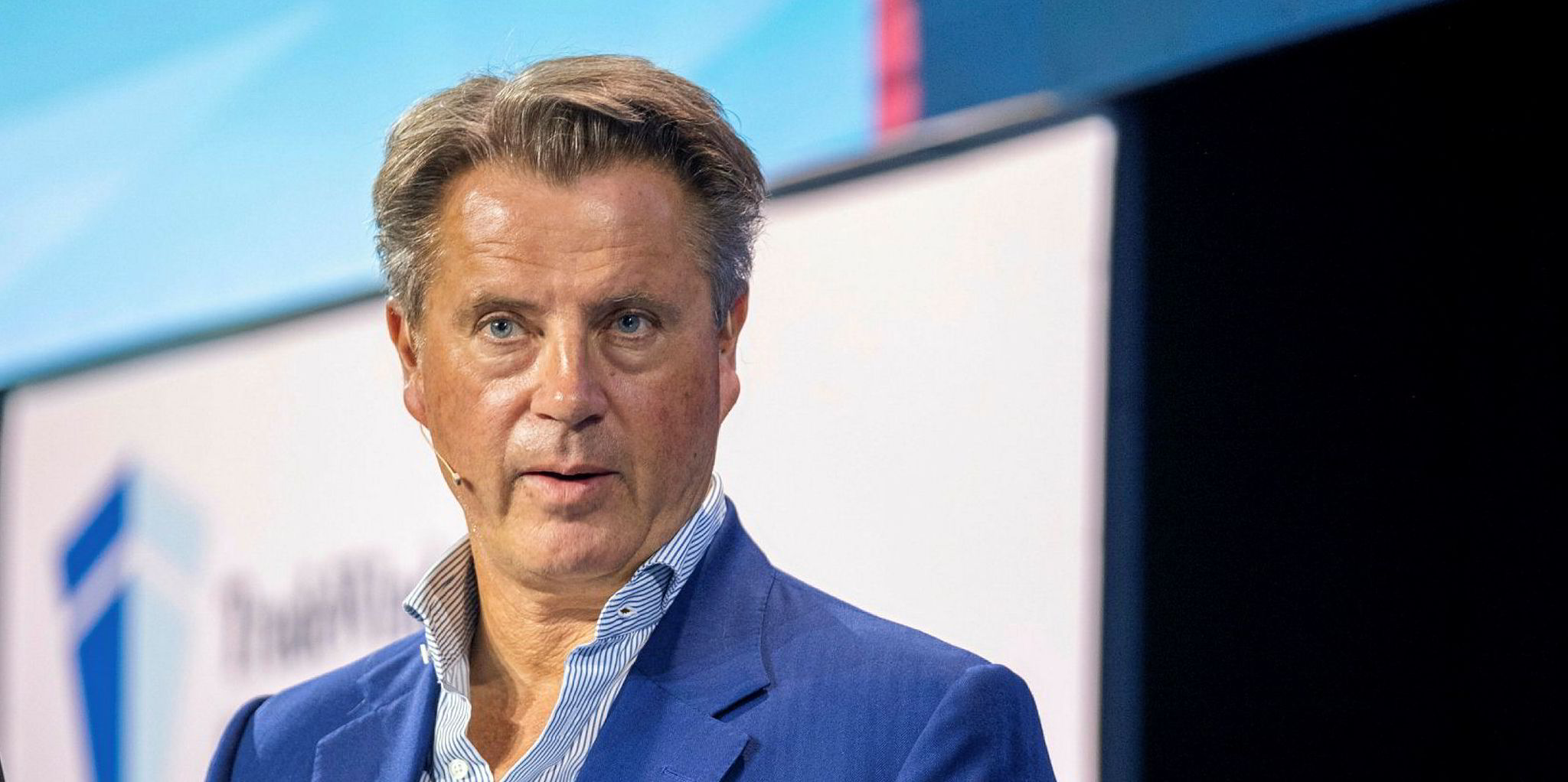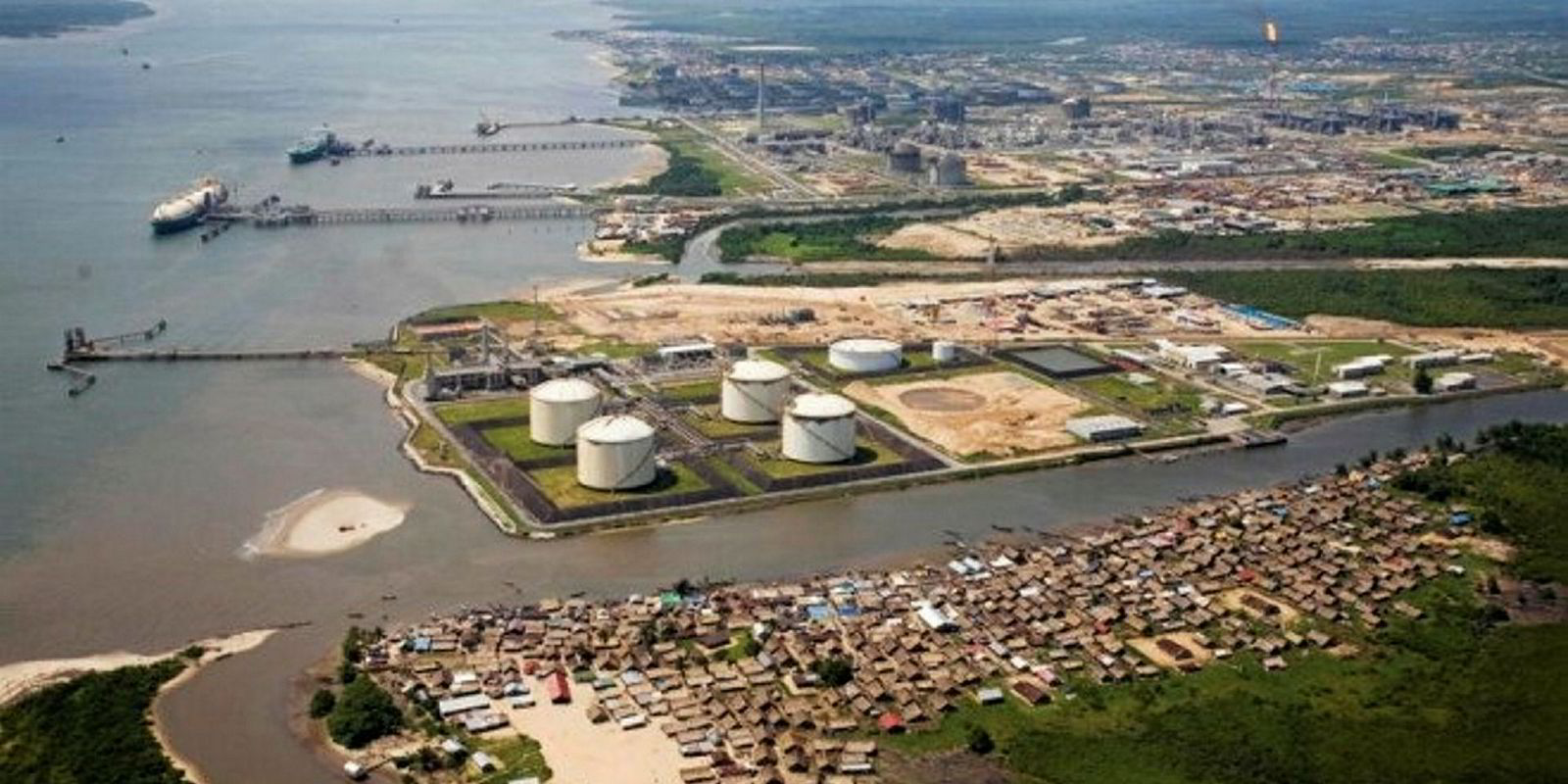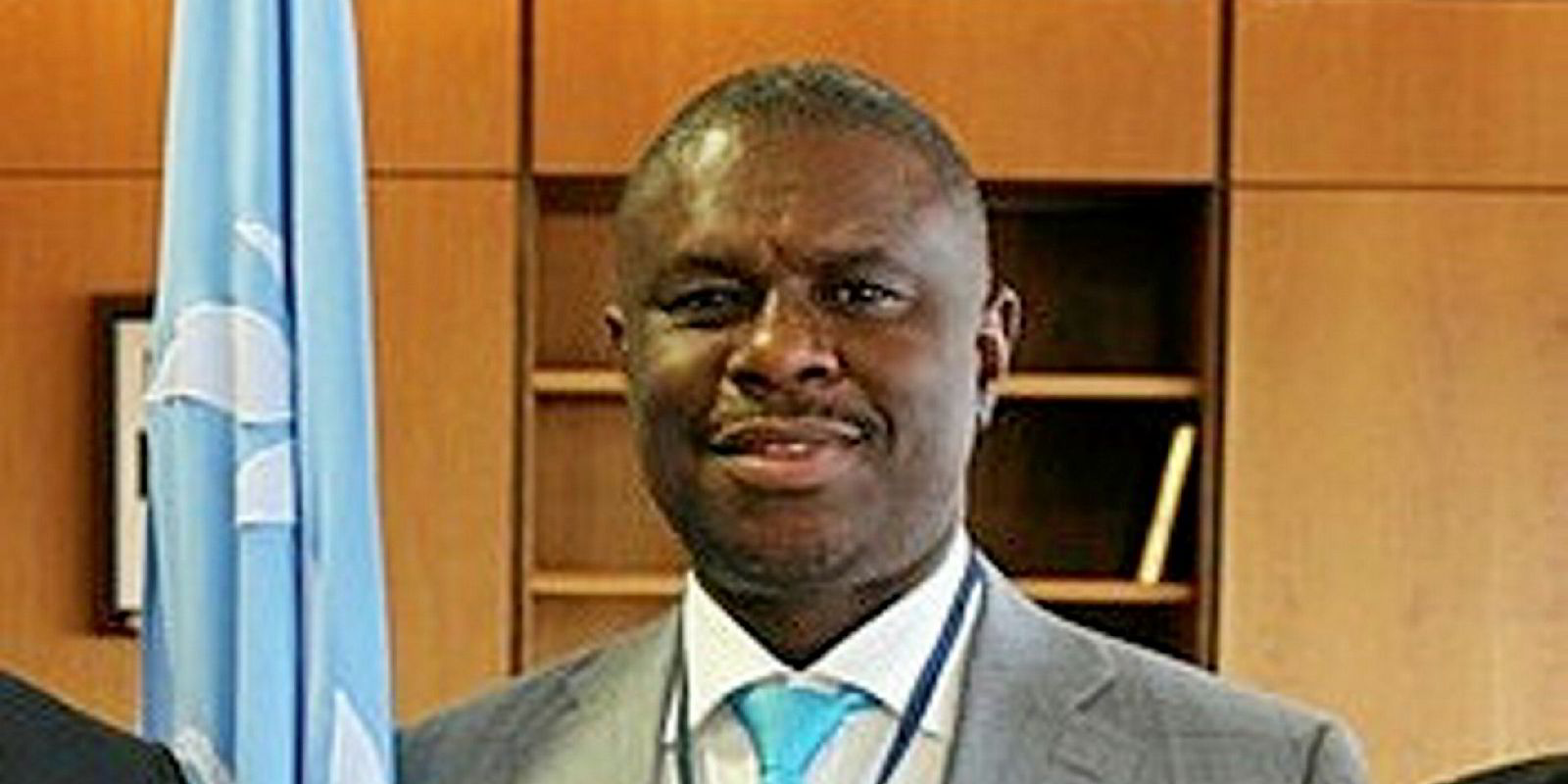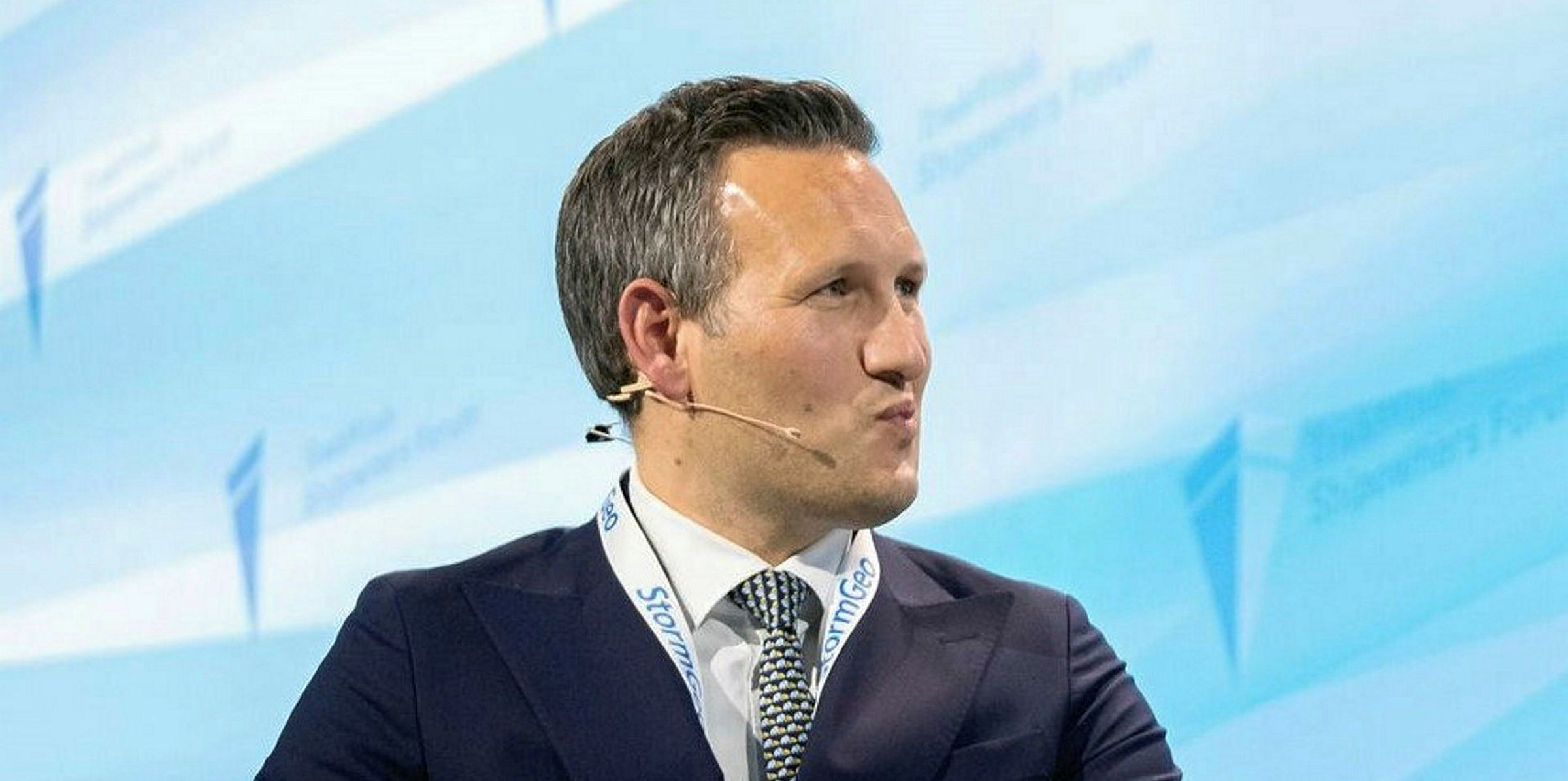Nigeria is sweetening the project terms for its national fleet to attract foreign investors following the withdrawal of Pacific International Lines (PIL).
According to the Nigerian Maritime Administration and Safety Agency (NIMASA), the fleet will be given the priority to carry up to 50% of state-owned cargoes in international trade and at least 50% of oil and gas cargoes in cabotage shipping.
To make the fleet even more competitive, NIMASA director general Dakuku Peterside told TradeWinds on the sidelines of a Nor-Shipping event that his agency is negotiating with other government departments to create a special tax regime.
As the fleet is required to be flagged in Nigeria, some shipping officials have suggested the country’s 14% import duty on ships as a strong detriment to the project.
“We are discussing with Nigeria’s Ministry of Finance and Nigerian Coast Guard to create a special tax regime so they (the ships) can be competitive,” according to Peterside, who did not comment on whether the import duty can be fully exempted.
Based on the project terms, Nigeria is looking for a core investor to take a 49% stake in the fleet while individual investors have minority stakes.
In theory, the fleet can be wholly owned by foreign entities, though Peterside said he expects Nigerian companies to “take advantage” of the conditions on offer.
The fleet will be needed to be operated from Nigeria, with at least 70% of its crew Nigerians.
Initially, the Nigerian Fleet Implementation Committee—set up by the transport ministry—is aiming to at least 10 vessels of various types in this fleet, according to Peterside.
The project has drawn more attention from the tanker space, with Nigeria being Africa’s largest crude exporter and gasoline importer.
Its petroleum trade is controlled by state-owned Nigeria National Petroleum Corp.
“We hope in the next 12 months we will see a national fleet,” Peterside said.
Withdrawal of PIL
After more than a year of negotiation, PIL confirmed it quit the national fleet project “due to the difficult shipping environment” in May 2018.
Peterside said the Singaporean carrier withdrew as it could not receive the guarantee from the government on some preferential cargo policy and tax benefits in time.
“They were not patient to wait for the committee to negotiate with the highest level of the government to give them those guarantees,” Peterside said.
“The committee is looking for a new core investor.”
Grand scheme
The national fleet project is part of the Nigerian government’s Blue Economy initiatives, which also seeks to enhance inland logistics, modernise flag registry and enhance maritime security.
With the slow progress in realising those initiatives, some industry officials have doubted when, or whether Nigeria can turn things around quickly.
“It’s a matter of professionalism…when you negotiate with them, sometime the funds could be redeployed to other projects at the last minute,” one of them said.
The African country has not been lacking good concepts or strategies, but implementation is what matters more, according to another.
Peterside also admitted some conditions need to be ripe for the grand scheme to become reality.
Other than political will from leadership, Nigeria needs “people with knowledge, skills, training and financial capacity” to implement the initiatives, Peterside said.
Also, the country needs sufficient “capacity” in enforcing laws and regulations, according to Peterside.
Click here to keep up to date with TradeWinds' coverage of Nor-Shipping 2019.
